Since you are using PL/SQL Developer, make sure you are writing your code in a Procedure window. Then the compilation error will be clearly highlighted. In this case it's the missing semicolon at the end of the select into statement.

Or in SQL*Plus you can use show errors:
Warning: Procedure created with compilation errors.
SQL> show errors
Errors for PROCEDURE AVG_GRADES:
LINE/COL ERROR
-------- -----------------------------------------------------------------
6/1 PL/SQL: SQL Statement ignored
9/12 PL/SQL: ORA-00933: SQL command not properly ended
or the full syntax, show errors procedure avg_grades.
Or you can directly query dba|all|cdb|user_errors:
select * from user_errors e
where e.name = 'AVG_GRADES'
and e.attribute = 'ERROR';
Also, the table definition could be written more succinctly as:
create table enrolledinclasses
( st_id primary key constraint fk_stid references student(st_id)
, c_id constraint fk_coid references course (c_id)
, grade number(2) constraint checkgrade check (grade>-1)
);
student.st_id and course.c_id should probably be numbers or integers, or at least varchar2, and not char.
It is good practice to use code indentation to align code into blocks showing their dependency structure. That would give something like this:
create or replace procedure avg_grades as
avg_grades number := 0;
begin
select avg(grade) into avg_grades
from enrolledinclasses;
dbms_output.put_line('The average grade is: ' || avg_grades);
exception
when no_data_found then
dbms_output.put_line('No Data Is Found.');
end;
You might want to round() that average before displaying it, as by default it could be displayed with a lot more decimal places than you might want.
Also, it's not possible to get a no_data_found exception from a single-group aggregate query like this. If there are no rows in the table you will get a null value as the result, not an error.
